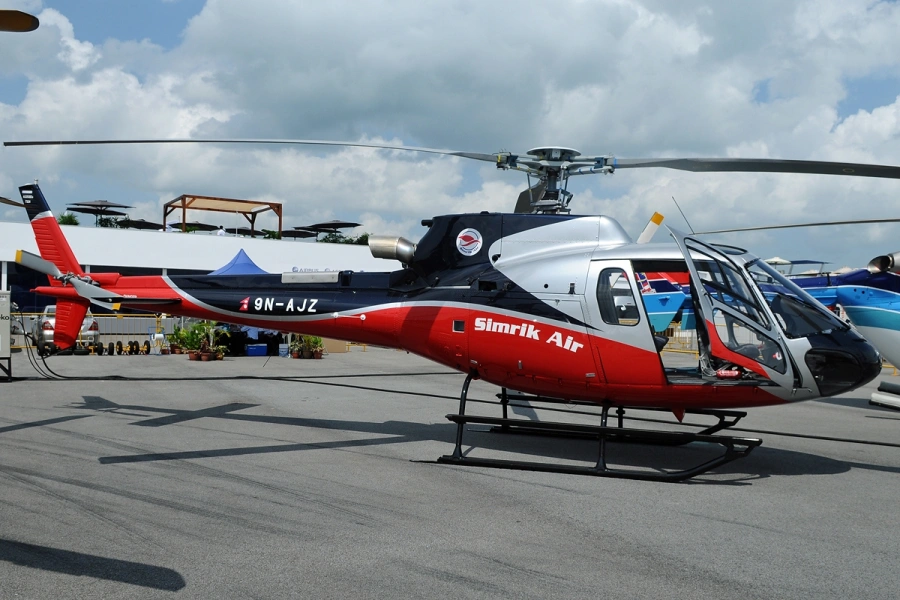KATHMANDU, June 17: Even as the electoral alliances forged in the first phase of local elections could not produce outputs as expected, the major political parties have continued forging such alliances for the second phase of polls slated for June 28. However, the instances of such electoral alliances, according to parties, are fewer compared to the previous elections. The parties said they have forged the alliances this time more cautiously, prioritizing the local needs.
As most of the parties have entrusted their local committees with the authority to forge alliances based on the local needs, the actual number of alliance among the parties is yet to be summed up.
A day before the nomination date, the major political parties decided to forge electoral alliances in less than two dozen local units, according to the leaders. The number of local units having alliances between major parties was 51 in the first phase of local polls.
The ruling Nepali Congress (NC) has formed AN alliance with its coalition partner CPN (Maoist Center) in few districts while the Maoist Center has formed alliances also with the main opposition CPN-UML and opposition Rastriya Janamorcha in some units. The UML has decided to form alliances with the ruling Nepal Loktantrik Forum (NLF) and Rastriya Janamorcha.
Pre-poll alliances make fielding candidates tough for parties

NC and Maoist Center are jointly contesting the polls in various local units of Rupendehi and Arghakhachi districts. On the other hand, the UML and Maoist Center have forged an alliance in Rampur Municipality of Palpa.
In the upcoming polls, UML has decided to tie up with NLF in Biratnagar metropolitan City and with Rastriya Janamorcha in Gulmi district. In Biratnagar, the UML will file candidacy for the mayor and NLF for deputy mayor, according to the agreement. Likewise, the Maoist Center has formed alliances with Rastriya Janamorcha in three local units in Pyuthan district.
The UML and RPP decided to form electoral alliances in Kathmandu and Lalitpur metropolitan cities for the May 14 first phase election. The UML won the Kathmandu Metropolitan City and lost in Lalitpur despite alliance but RPP lost in both municipalities.
The NC and Maoist Center formed alliances in Bharatpur and Pokhara municipalities, the result of Bharatpur is yet to come, but the alliance didn’t help the NC candidate to emerge victorious in Pokhara.
The UML has instructed its local committees to form alliances with any political party considering the local needs and prospects for victory, said UML Secretary Pradeep Gyawali. “Our party has given priority for the alliance with small leftist parties instead of NC and Maoist Center. The RPP is also in our priority list and we are looking at alliance with the Madhes-based parties in Madhes,” Gyawali told Republica.
Likewise, the NC has not adopted any particular policy and priority for election alliances. But according to the party’s leaders, the party has given priority to forming alliances with the ruling parties. “The NC has not issued any instruction from the center and has fully entrusted the district and area committees with the responsibility of forming alliances with likeminded parties based on the need on the ground,” NC party Chief Secretary Krishna Paudel told Republica.
Maoist Center Spokesperson Pampha Bhusal said that the party has adopted the policy of forming alliances based on the local needs. “We have asked the party’s local committees to form alliances based on the local situation. The total number of alliances will be finalized by Sunday,” said Bhusal.
Forming alliances in the second phase of poll is not a priority for the RPP, but the party hasn’t ruled out the chances of forging alliances. “We are not satisfied with the results of past alliances from the central level in the first phase poll. So we have asked our local committees to form alliances based on the local needs,” said RPP’s deputy spokesperson Mohan Shrestha. Two Madhes-based political parties have prioritized forming alliances among themselves, instead of forging an alliance with the national parties.


































